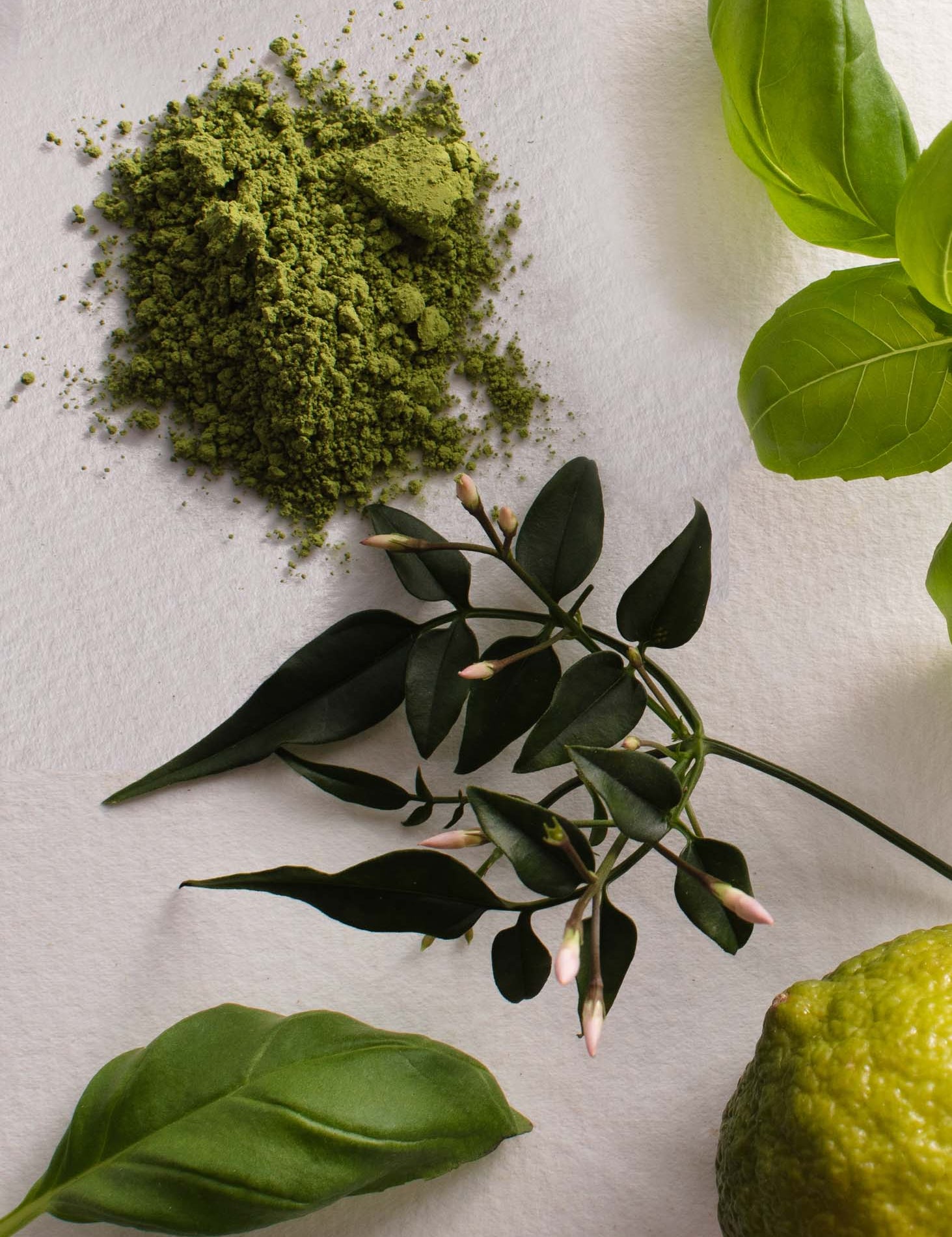The Art of Scent: How to Apply Perfume or Cologne Correctly

The world of fragrance is enchanting, filled with a myriad of scents that can transport us to different places, evoke memories and enhance our personal style. And a great scent can stay with you all day, helping you smell amazing and feel confident – but only if applied correctly. There’s much more to it than a quick spritz on the neck or wrists; applying perfume or cologne is an art that, when done right, provides a subtle yet impactful presence.
But there are so many more benefits to applying scents correctly than simply turning heads:
- Helps scents last longer so you avoid the need for frequent reapplication
- Avoids fragrance overload
- Creates a balanced scent profile
- Maximises the life of a bottle of perfume or cologne
- Prevents skin irritation
- Avoids damaging clothes
- Saves you money
Lisa Hipgrave, Head of Fragrance at Diem Scents and Director of the International Fragrance Association (IFRA) says:
‘Evaporation is what gives fragrances the ability to be smelled. Of course, the more you apply, the stronger and longer it will often be. But, where it’s applied will either help the fragrance last longer or help it evaporate faster. Applying a fragrance in the right way allows for optimum evaporation and therefore they can be smelled for much longer.’
This is why, at Diem Scents, we’re huge advocates for making sure everyone knows how to apply their fragrance in the right way. Not only does it help you smell great for longer, but you also avoid having to reapply more than necessary, which also saves you money.
In this guide, we’re going to let you know the best methods for applying fragrance to maximise its effectiveness and get the most out of every bottle to help you master the art of the scent.
Making sense of scents
Before you apply your fragrance, you first need to understand more about what you’re applying, because the application method is influenced by the type and notes of a fragrance.
Types of fragrances
Some people don’t realise that the names listed on your bottles of fragrance actually have significant meaning, and aren’t there just to make them sound luxurious:
- Perfume (Parfum) and Eau de Parfum (EDP): This has the highest concentration, which is often between 15-30% aromatic compounds. Because of the high concentration, it can last anywhere from 6 hours or can even be smelled up to 24 hours later
- Eau de Toilette (EDT): This is slightly less concentrated and has between 5 and 15% aromatic compounds and often lasts around four hours depending on the aromatic materials used
- Eau de Cologne (EDC): This has an aromatic concentration of 2-10% and may need to be reapplied more often
- Eau Fraiche: This usually has the lowest concentration of between 1-3%. The scent usually fades quickly and is useful for a quick top-up
The type of fragrance you choose is down to personal preference, how long you hope the fragrance will last and your budget.
Fragrance Notes
Perfumes and colognes are made up of top, middle, and base notes. The top notes are the initial lighter smells that hit the nose first but evaporate quickly. The middle notes, or the heart notes, make up the body of the perfume and last longer. The base notes are the final fragrance notes that appear once the top notes are completely evaporated.
- Top Notes: The initial impression of the fragrance lasts from a few minutes up to an hour. They are usually light and fresh.
- Middle (Heart) Notes: Develop after the top notes fade, lasting several hours. They form the main body of the fragrance.
- Base Notes: The final part of the fragrance lifecycle, lasting the longest, often for several hours to a full day. These notes add depth and richness.
These notes each come together to form a pyramid, giving the fragrance a different smell and character as more time passes.

The composition of these notes can affect how you apply your fragrance. For example, top notes evaporate quickly so if you have chosen a fragrance that has many fresh top notes you may want to avoid applying to warmer parts of your body. Heart notes are the largest component and are full-bodied, and last longer than the top notes and often characterise the fragrance.
Fragrances with heavy base notes will last longer but means you have to be wary of applying too much.
How to prepare for fragrance application
Before you even pick up the fragrance bottle, you need to make sure you prepare your skin. This helps the scent last longer.
1. Choose the right fragrance
The first step is selecting a fragrance that resonates with your personality and style. Consider the occasion, the season and the time of day when selecting a scent. Lighter fragrances are typically suited for daytime and warmer seasons, while stronger, more robust scents can be reserved for evenings and colder months.
2. Store your fragrance properly
Help your fragrance last longer by storing it properly. This includes making sure the bottle is closed properly to avoid it evaporating or becoming oxidised, which causes it to change its character and lose its potency. It should be stored somewhere cool, dark and dry, ideally in a cupboard and not in the bathroom.
3. Timing is everything
Because your fragrance begins to evaporate almost immediately, it’s important to time its application perfectly. If you’re not due to head out for an hour, don’t waste those valuable top and heart notes by applying it too soon.
On the perfect time, Lisa says:
‘The optimum time to spray would be post-shower and after moisturising - in fact, I’d recommend waiting until just before you head out the door. Ethanol, while it’s a great carrier and helps fragrance evaporate, tends to dry out the skin, so make sure you’re well-moisturised. At Diem, we’ve carried out many tests and have found that Vaseline actually inhibits the smell of fragrances - but all skin is different so maybe it will work for some!’
4. Know your pulse points
Pulse points are areas on your body where the blood vessels are closest to the skin, and these spots emanate heat, which can help to naturally diffuse and magnify your fragrance. Common pulse points include the wrists, the neck, behind the ears, the chest, the inner elbows, and behind the knees.
Wherever you plan on applying your fragrance, make sure you don’t have any broken or irritated skin as fragrances may sting and cause further irritation.
‘When applying your fragrance, consider things like the weather, your clothes and what you’ll be doing. Pulse points tend to be warmer and it's the warmth of the skin that affects evaporation the most. The hotter you are the quicker it will disperse. Also, consider how much clothing or air will get to the area. If a fragrance is applied on the neck for example it's fairly warm but also fairly sheltered - detectable when you lean in for a kiss!’ says Lisa.

Application techniques
Once you’re confident on the whats, whens and wheres, you can focus on the how. Your application technique is important, as it helps your fragrance stick around for longer so you get the most out of it. Here is how to apply cologne and perfume in the right way.
1. Spritz, don’t smother
Do you know how to spray perfume correctly? Whether you’re applying perfume or cologne, you should spritz it onto your skin from a distance of about 3-6 inches. This allows the fragrance to disperse and settle evenly. A common mistake is rubbing the wrists together after application, which can actually break down the perfume's molecules and diminish the scent.
Lisa says:
‘Some like to apply the fragrance by spraying their head, shoulders and chest - this envelopes them in the smell but as it's so thinly spread out, it may not last quite as long as applying to say the lower arms or wrists.’
2. Layer your scent
To make your fragrance last longer, consider layering your scent. This can be done by using a body wash, lotion, or oil with the same or similar scent before applying your perfume or cologne. Not only does this help in prolonging the fragrance, but it also means you're enveloped in a more dimensional scent.
3. Don't overdo it
It's important to remember that less is more when it comes to fragrance. You want your perfume or cologne to be a personal signature, not an overwhelming presence. A couple of spritzes are usually enough to last throughout the day. If you find the scent fading, you can always reapply a small amount later on.
Applying perfume or cologne is a personal ritual, an expression of who you are, and should be done with intention.
4. Experiment with application
Everyone's skin chemistry is different, and how a perfume or cologne smells on you may not be the same as how it smells on someone else. Don't be afraid to experiment with how and where you apply your fragrance. Some people find that applying scent to their hair or clothing can also have a lasting effect.
You generally can’t smell your own scent, so ask your partner, friends and colleagues about whether or not they can smell your fragrance after two, three, four and six hours. You may find that different applications have different effects.
5. Reapply with caution
If you need to reapply your fragrance, do so sparingly. It's easy to become accustomed to your own scent and not realise how strong it is. A good rule of thumb is to ask a trusted friend if your fragrance is noticeable before adding more.
‘There is no correct way to apply, it’s a personal choice and re-applying often is great. But remember that your brain actively blocks out its surroundings so you may not be able to smell the fragrance when others can (think about when you go into your own home you are not aware of an odour but entering other people's homes and you can immediately smell their surroundings!’ says Lisa.
6. Respect others
It's important to be mindful of others when it comes to how to wear perfume and other scents, as some people are sensitive or allergic to certain fragrances. Always be considerate of the amount you apply, especially in close quarters or public spaces.
Conclusion
Now that you know how to apply perfume and cologne, you can get the most out of your fragrances.
Applying perfume or cologne is a personal ritual that should be enjoyed. It's an expression of who you are and should be done with intention. By following these fragrance tips, you can ensure that your fragrance adds to your allure without overpowering it. Remember, the goal is to leave a hint of mystery in the air as you pass by, not an overpowering trail. Discover your signature scent, apply it with care, and let your fragrance do the subtle talking.
Excited to discover how you should be wearing your scent? Order a Diem Discover Set today to find the ideal scent match for your skin.- Tags: guide

